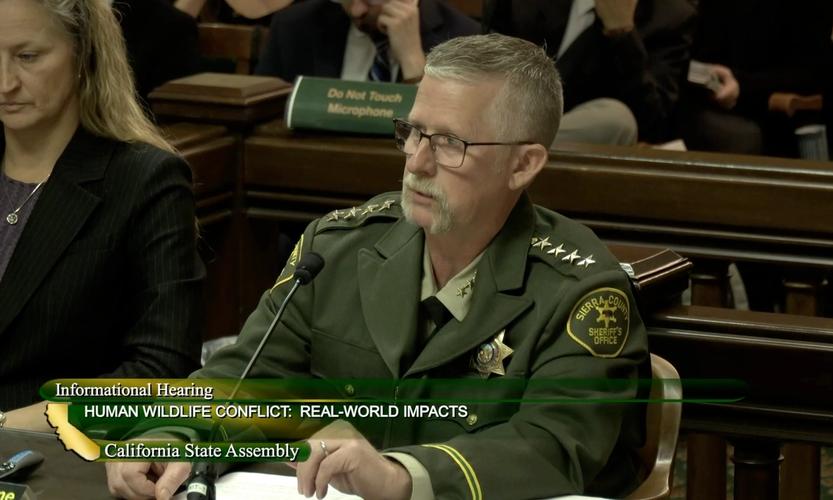Op-Ed: The Plumas County Board Made the Right Decision
October 16, 2025
Acting on advice from the Registrar of Voters and County Counsel, the Plumas County Board of Supervisors declined last week to take up a draft resolution that would have urged citizens to vote against Proposition 50. The reasons they gave were procedural: the special election for Prop 50 has already started, so any discussion of the resolution inside the county courthouse, which is a polling place, would have violated state electioneering laws.
Regardless of one’s opinion on the merits of Prop 50, the Board made the right decision in deciding not to act on the draft resolution.
For one thing, the resolution alleges that Prop 50 would marginalize and disenfranchise rural voters by creating districts “controlled by urban strongholds.” That statement is factually inaccurate and misleading with respect to Plumas County’s representation in Congress. The existing Third congressional district that includes Plumas County is actually more urban than the proposed First District that would replace it: 45% of the current district’s population lives in the cities of Roseville, Rocklin, Folsom and Lincoln, all outer suburbs of Sacramento, while the only large cities in the proposed new First District would be Chico and Santa Rosa, accounting for 36% of the district’s population. The background of current Third District Congressman Kevin Kiley matches the urban-suburban dominance of the district: according to Kiley’s online biography, he grew up in the Sacramento suburbs, earned degrees from Harvard and Yale, worked in Los Angeles, and now lives in Roseville.
The draft resolution’s claim that Prop 50 “strips constitutional protections that ensure that communities, particularly rural ones, remain whole” is also misleading. An analysis by the nonpartisan Public Policy Institute of California found virtually no difference in the extent to which counties and cities are kept together in the existing and proposed district maps.
Most importantly, though, the resolution would have inappropriately made it county policy to instruct citizens to vote in a certain way. Board members, like the Governor, clearly have the right to express their individual opinions on matters of politics and policy. But by state law, county Boards are nonpartisan governing bodies, and resolutions they adopt are official statements of county policy. It’s up to the citizens of California to decide the fate of Prop 50: Plumas County government should not tell them how to vote.
Featured Articles

Assembly Committee Probes Predator Conflicts in Rural California →
January 28, 2026
Lawmakers, ranchers, and environmentalists debate safety, stress, and non-lethal strategies for managing predators.
Wolf Depredation of Pregnant Ewe Renews Concerns in Sierra Valley →
January 26, 2026
State Senate Bill Would Require Assessing Health Impacts from Wildfire Smoke →
January 27, 2026
California Joins WHO Global Outbreak Response Network →
January 23, 2026
DIG Announces New Leadership After Founding Member Retires →
January 29, 2026